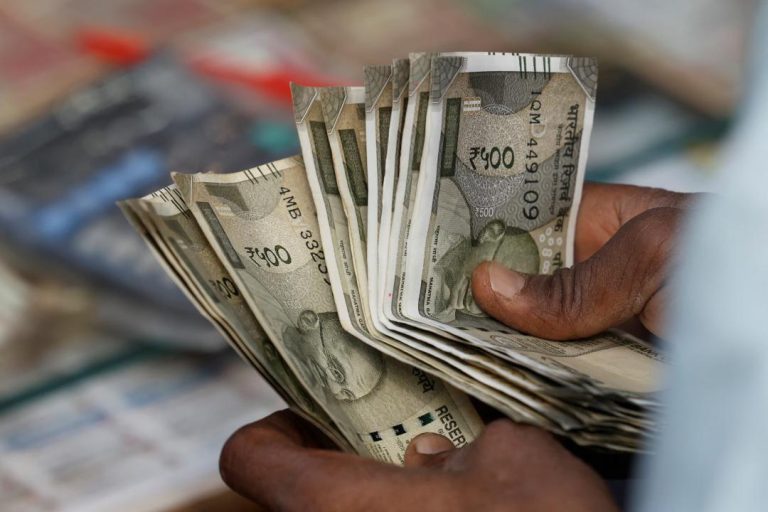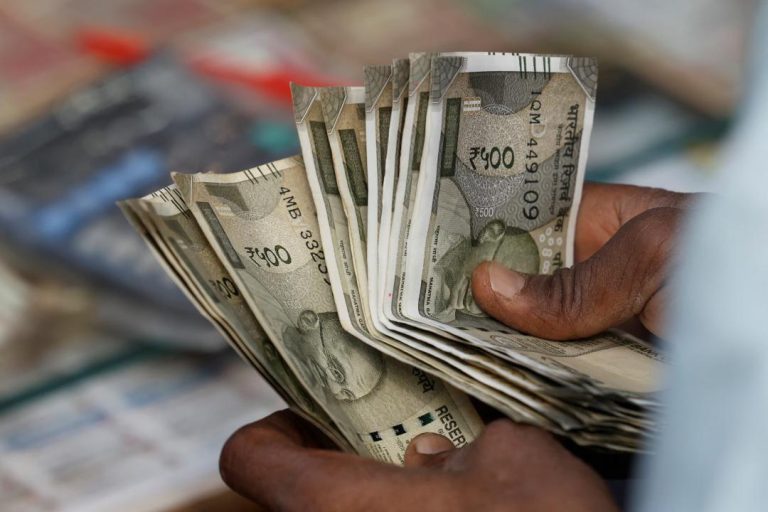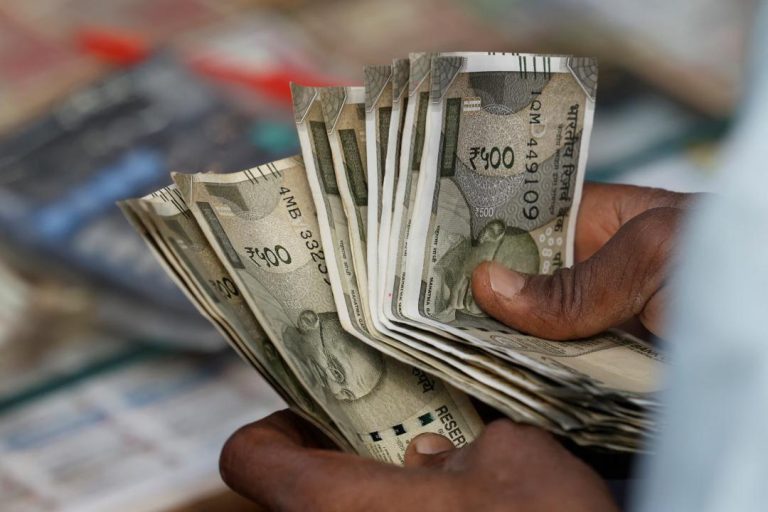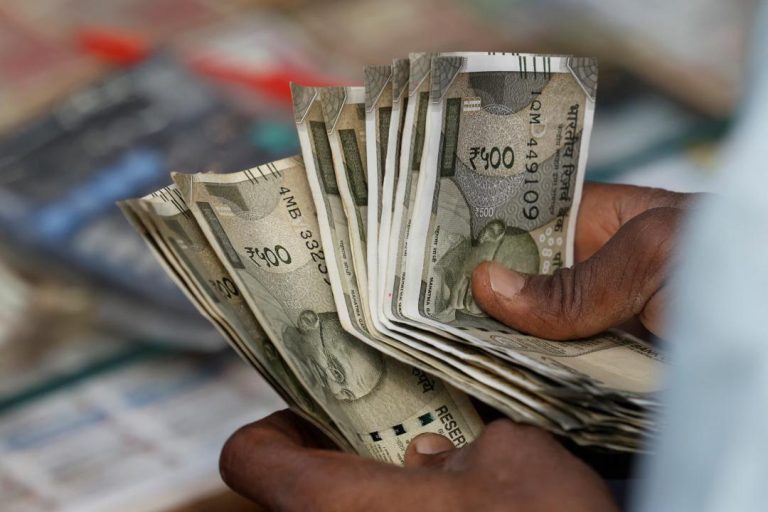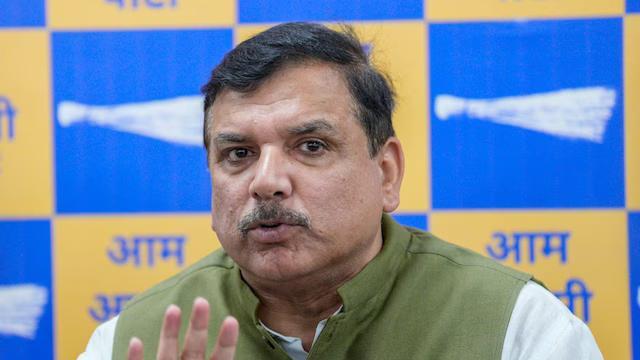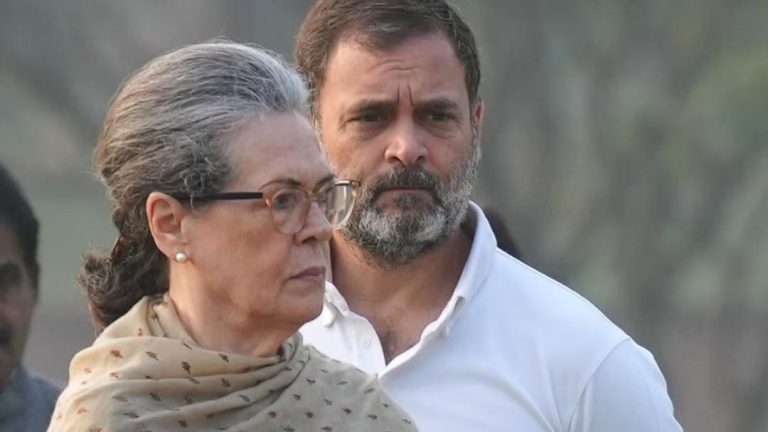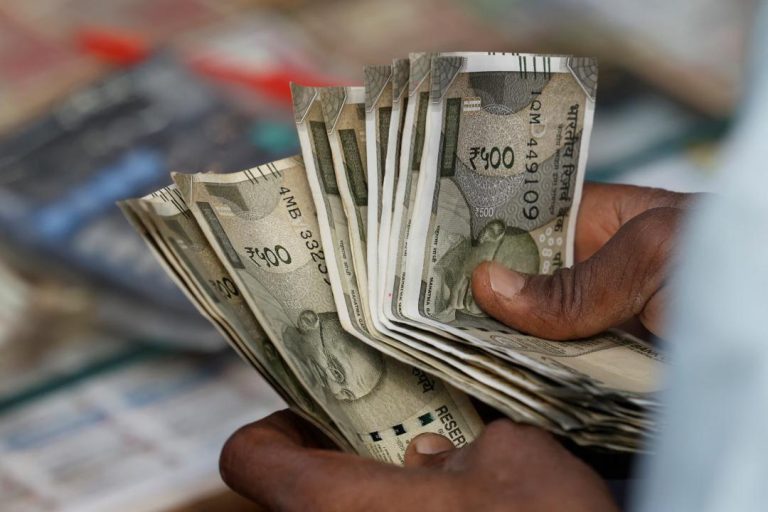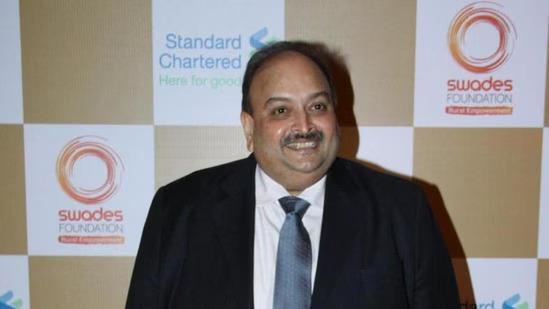
What are the Terms of India-Belgium Extradition Treaty, Important in Mehul Choksi’s Case?
The extradition of fugitive businessman Mehul Choksi from Antwerp, Belgium to India has been a topic of discussion in recent times. Choksi, who is accused of being involved in the Punjab National Bank (PNB) scam, was arrested in Dominica and is facing extradition to India. However, his lawyer has claimed that the case against him is “political” and therefore, India-Belgium extradition treaty does not apply. But what are the terms of this treaty, and are they significant in Choksi’s case?
The India-Belgium extradition treaty was signed in 1996 and came into effect in 1998. The treaty allows for the extradition of persons accused or convicted of offences punishable under the laws of both countries, provided that the offence is punishable with at least one year of imprisonment. The treaty also covers financial crimes, taxation or revenue-related crimes, which are relevant in Choksi’s case.
According to the treaty, India and Belgium agree to extradite individuals who are accused or convicted of offences that are punishable under the laws of both countries. The treaty also provides that the extradition can be refused if the offence is political or military in nature. This provision has been cited by Choksi’s lawyer as a reason why the treaty does not apply in his case.
However, the Indian government has maintained that the case against Choksi is not political, but rather a commercial fraud. The government has also pointed out that the treaty does not restrict extradition to cases that are solely political or military in nature. Rather, it allows for extradition in cases where the offence is punishable under the laws of both countries, regardless of the political or military nature of the offence.
In Choksi’s case, the Indian government has accused him of being involved in a massive fraud that resulted in the loss of over Rs. 13,000 crores to the Punjab National Bank. The government has also accused him of using the bank’s SWIFT messaging system to issue over 300 Letters of Undertaking (LOUs) without following the proper procedures.
The Indian government’s case against Choksi is based on the evidence collected by the Central Bureau of Investigation (CBI) and the Enforcement Directorate (ED). The government has also cited the testimony of several key witnesses, including the bank’s former MD and CEO, who have confirmed that Choksi and his associates were involved in the fraud.
In contrast, Choksi’s lawyer has claimed that the case against him is “fabricated” and that he has been framed by the Indian government. Choksi’s lawyer has also pointed out that the Indian government has not provided any evidence to support its allegations against him.
The extradition of Choksi is likely to be a complex and contentious process. While the Indian government has maintained that it has a strong case against Choksi, his lawyer has claimed that the case is “politically motivated” and that the Indian government is trying to extradite him for political reasons.
In conclusion, the terms of the India-Belgium extradition treaty are significant in Choksi’s case. The treaty allows for the extradition of individuals accused or convicted of offences punishable under the laws of both countries, provided that the offence is punishable with at least one year of imprisonment. The treaty also covers financial crimes, taxation or revenue-related crimes, which are relevant in Choksi’s case.
However, Choksi’s lawyer has claimed that the case against him is “political” and therefore, the treaty does not apply. The Indian government has maintained that the case against Choksi is not political, but rather a commercial fraud. The outcome of the extradition process will depend on the evidence presented by the Indian government and the views of the Belgian authorities.
